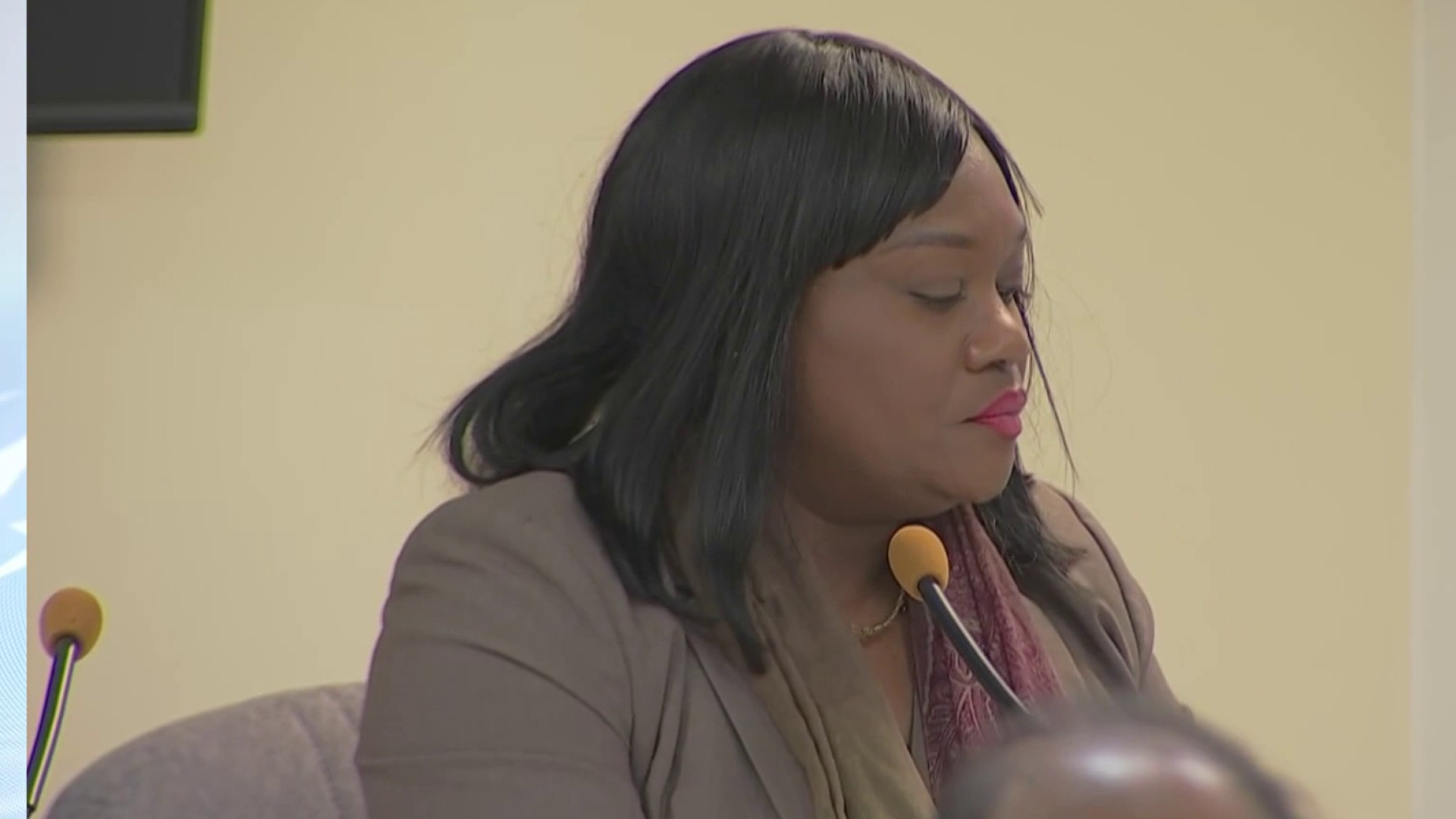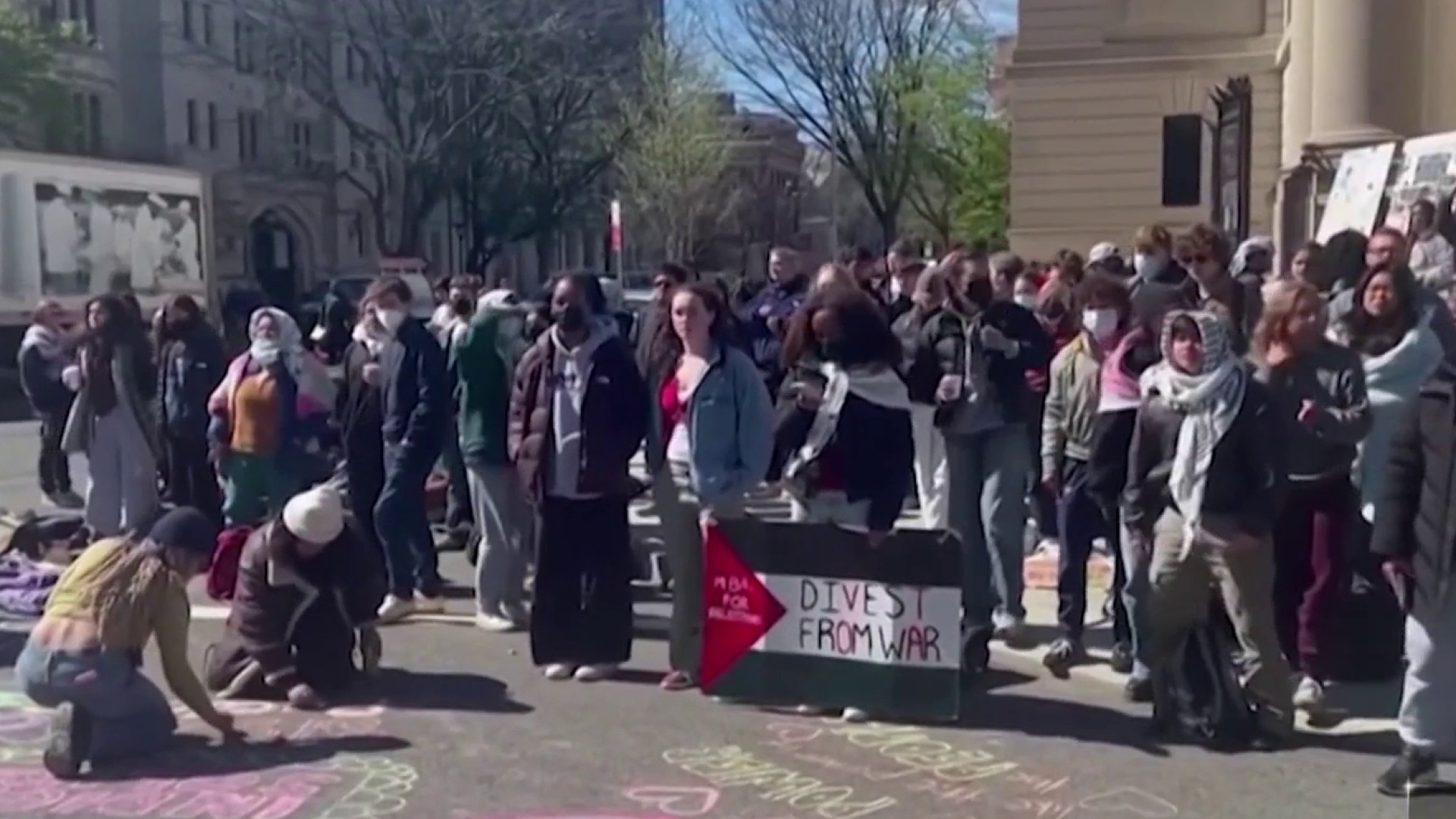Pennsylvania's Department of State said Friday it will offer a special photo ID card for voters who are unable to obtain birth certificates or other documents for a non-driver ID issued by the Department of Transportation.
Secretary of State Carole Aichele said the new card is designed to provide “a safety net” for voters who are unable to get the documents they need for a PennDOT ID. It will be available through PennDOT starting the last week of August.
“The creation of these voter cards is an important step in the implementation of the voter ID law,” Aichele said. “Everyone who needs ID to vote will be able to get it months before the election.”
The new card, which will be free and valid for 10 years, will be added to an already long and often complicated list of government and other IDs that have been deemed acceptable under the tough new law that takes effect on Nov. 6, Election Day.
"Anything that makes it easier for eligible voters to vote and get the identification they need, we'd support," said Republican Philadelphia City Commissioner Al Schmidt, during a taping for NBC10 @ Issue.
Plans for the special card came to light this week in a legal brief filed by civil rights groups that are challenging the constitutionality of the new law on behalf of 10 registered voters and seeking to block enforcement of the law.
A hearing on the case is scheduled to begin July 25 in Commonwealth Court.
Local
Breaking news and the stories that matter to your neighborhood.
The plaintiffs’ lawyers estimate that at least 1 million voters -- 12 percent of the 8.3 million who are registered -- lack PennDOT-issued IDs. State officials have acknowledged as many as 759,000 voters, or 9 percent, fall into that category.
The legal team -- the Washington-based Advancement Project, Public Interest Law Center of Philadelphia, the American Civil Liberties Union of Pennsylvania and Washington law firm Arnold & Porter -- said in a statement that ID applications could swamp PennDOT.
“Using the Department of State’s own figures for the number of individuals without PennDOT ID, PennDOT would have to issue over 15,000 ID cards every business day between Aug. 26, the date the procedure is supposed to take effect, and Election Day,” it said.
The strict new law in Pa. was designed to address voter fraud and now Philadelphia City Commissioner Al Schmidt (R) has released a new report documenting cases of voter irregularities in recent city elections.
Schmidt identified seven forms of voter irregularities. They include non-registered people casting votes, ballots cast in the wrong party primary or wrong legislative district, more votes recorded on voting machines than the number of people signed in at the polls, people voting more than once or voter impersonation and voting by non-U.S. citizens.
Schmidt said recent checks found 430 of the city’s 1,687 precincts had voting discrepancies
"Every one of these irregularities, whether it's voter fraud or a mistake, they all impact the outcome of elections equally, said Schmidt."
- Watch the entire interview with Al Schmidt on NBC10 @ Issue, with Steve Highsmith, airing Sunday, July 22 at 11:30 a.m.
Voters who lack a state driver's license or other ID acceptable under Pennsylvania's tough new voter ID law still must apply initially for a free non-driver ID from PennDOT.
Those unable to provide all the required documents -- voters born outside of Pennsylvania often have difficulty obtaining their birth certificates -- should qualify for one of the new State Department cards. However, they still will need to provide their Social Security number, their birthdate and two proofs of residence, such as a utility bill.
Pennsylvania driver's licenses and non-driver IDs issued by PennDOT are valid at the polls even if they expired up to a year before the election.
Other acceptable IDs generally must carry a current expiration date -- photo IDs issued by the federal or state government, U.S. passports, U.S. military IDs, employee IDs issued by federal, state, county or municipal governments, IDs from accredited public or private colleges and universities, and IDs issued by Pennsylvania care facilities.



